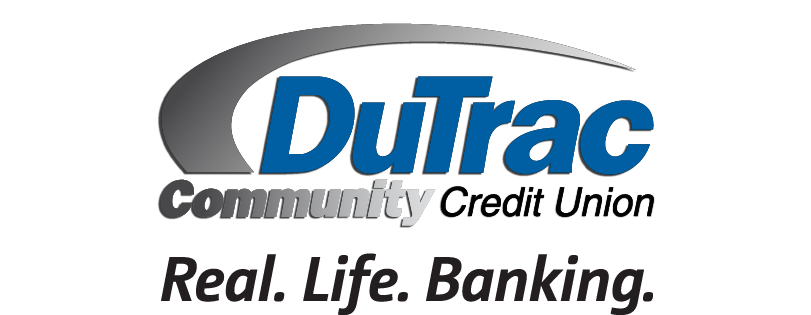(March 25, 2020)
3. Think about your savings. Consider opening a high yield savings account. If you are able, putting away as much as six months of living expenses can help with unexpected events or unplanned disruptions to your income. Six months too much? You’re not alone. After your expenses, pay yourself first by depositing whatever is left for as long as you are able. Flexibility is key. Just remember that these funds are for an emergency and try not to withdraw unless absolutely necessary.
4. Prioritize your bills. Take a comprehensive look at your bills and identify the ones that are critical as well as those you may not need to pay immediately. Don’t forget to check with your service providers as some may offer assistance or an option to temporarily skip or lower payments.
5. Reach out to your financial and/or credit card company. If you’re losing income and having difficulty paying your debts, reach out to your financial institution and credit card providers immediately. Many financials are offering some type of temporary relief programs due to the coronavirus. For those without a credit card, consider opening one up to provide additional flexibility. As always, please consult with a financial counselor to ensure this makes sense for your financial circumstance.
6. Change how you pay your student loans. Federal student loans come with several pre-existing options. There are two ways you can temporary suspend your payments: deferment and forbearance. With deferment, you may be able to avoid interest accrual, while with forbearance you won’t, meaning your debt will grow. A best practice during forbearance is to pay down the interest portion so that the debt will not grow. Private student loan borrowers do not have access to the same programs provided by the Department of Education, but can still reach out to their servicer to determine if there are any hardship programs being offered.
Don’t stress over things you cannot control. Ask for help. Remind yourself you’re not alone. Since the Federal Deposit Insurance Corporation (FDIC) and the National Credit Union Administration (NCUA) were founded, no bank account holder or credit union member has ever lost even a fraction of federally insured deposits. Currently, both the FDIC and the NCUA insure deposits of up to $250,000. But that doesn’t mean you can’t protect more than that with government insurance. The amount of coverage you receive ultimately depends on the types of accounts you have and whether you have a joint account holder.
Uncertainty can be scary, but you do have some control and DuTrac is committed to helping you every step of the way.
